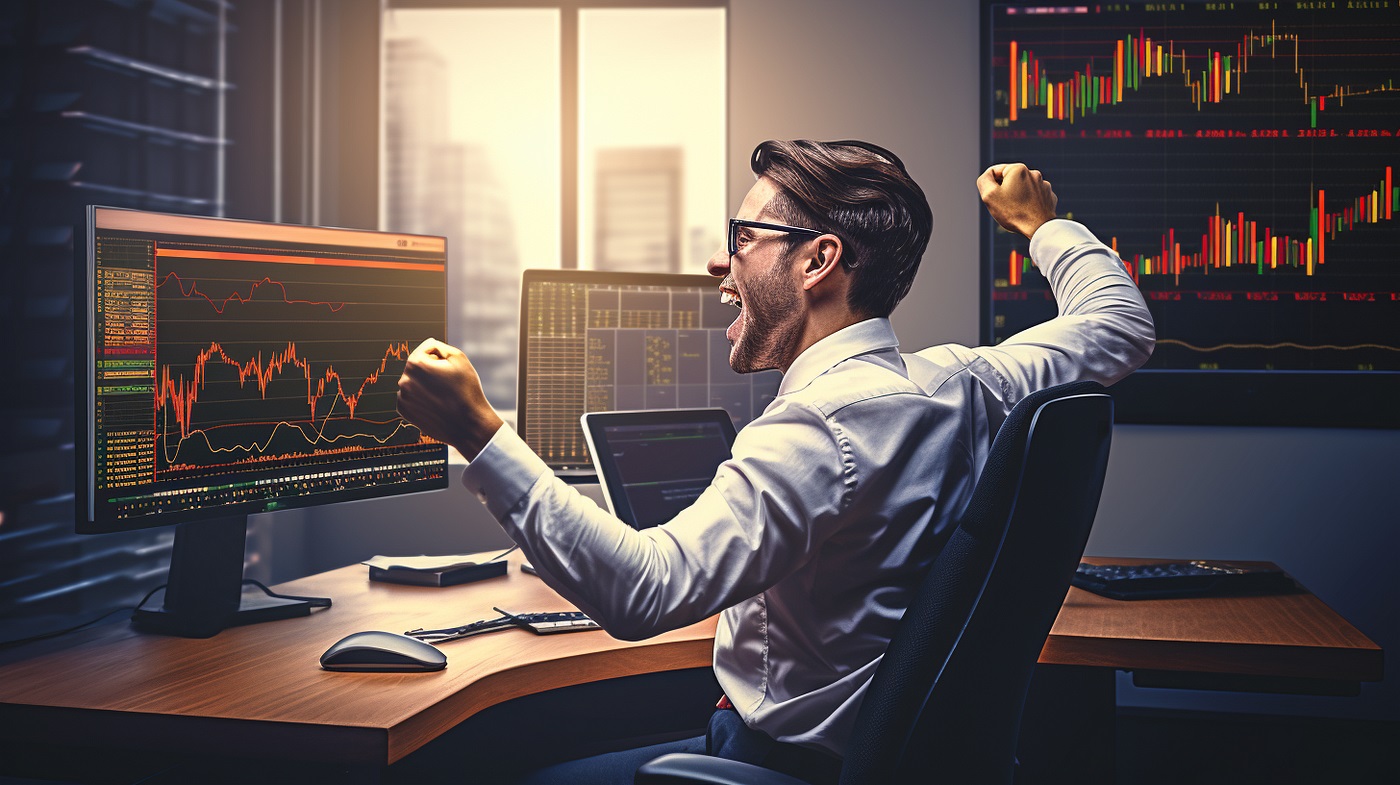AI algorithms rapidly analyze historical market data, news articles, social media sentiment, and other pertinent information to uncover patterns, trends, and correlations that might not be obvious to human traders. AI systems extract insights from unstructured data sources using machine learning methods such as deep learning and natural language processing (NLP). This allows traders to understand market behaviour better and make informed, data-driven decisions through real-time analysis.
Improved accuracy
AI trading strategies can significantly enhance the precision and effectiveness of trading decisions. Unlike traditional methods that often depend on human judgment, which is susceptible to biases and emotions, AI systems provide objective data analysis. They apply predefined rules and execute trades based on mathematical models and statistical probabilities. By automating certain aspects of the trading process, AI helps reduce the impact of human error and emotional decision-making. AI algorithms continuously monitor market conditions, identify trading opportunities, and execute trades precisely and quickly, ensuring that traders capitalize on favourable market movements and minimize potential losses.
24/7 Trading capabilities
Strategies for quantum AI trading during market downturns in the UK offer round-the-clock trading capabilities. Unlike human traders who are limited by working hours and the need for rest, AI systems operate continuously, monitoring markets and executing trades 24 hours a day, seven days a week. This is particularly beneficial in today’s globalized financial markets, where trading opportunities arise anytime across different time zones and asset classes. With AI trading, traders take advantage of market opportunities outside traditional trading hours, ensuring they don’t miss out on potential profits. Additionally, AI systems quickly adapt to changing market conditions and make real-time adjustments to trading strategies, enabling traders to stay ahead of the curve.
Backtesting and strategy optimization
AI trading strategies offer the benefit of extensive backtesting capabilities, allowing traders to simulate and evaluate the performance of their strategy on historical market data. By feeding historical data into AI models, traders assess how their strategy would have performed under various market conditions and identify potential weaknesses or areas for improvement. Backtesting enables traders to fine-tune their AI models, optimize parameters, and test different scenarios to ensure the robustness and reliability of their trading strategies. This iterative process of backtesting and optimization helps traders develop more effective and profitable strategies over time.
Cost efficiency and accessibility
Implementing AI in trading strategies saves traders and investors significant cost savings. By automating certain aspects of the trading process, such as data analysis and trade execution, AI helps reduce the need for manual labour and minimize operational costs. The increasing availability of AI-powered trading platforms and tools has made AI trading more accessible to a broader range of market participants. Traders no longer need to have extensive programming skills or invest in expensive infrastructure to leverage the benefits of AI in their trading strategies.
Competitive advantage
As AI becomes more prevalent in trading, adopting AI-powered strategies provides traders a significant competitive advantage. By leveraging the power of machine learning and advanced algorithms, traders make more informed decisions, react faster to market changes, and identify opportunities that traditional trading approaches may overlook. Moreover, as the financial markets become increasingly complex and data-driven, the ability to effectively harness the power of AI will become a critical differentiator for successful traders and investors.

